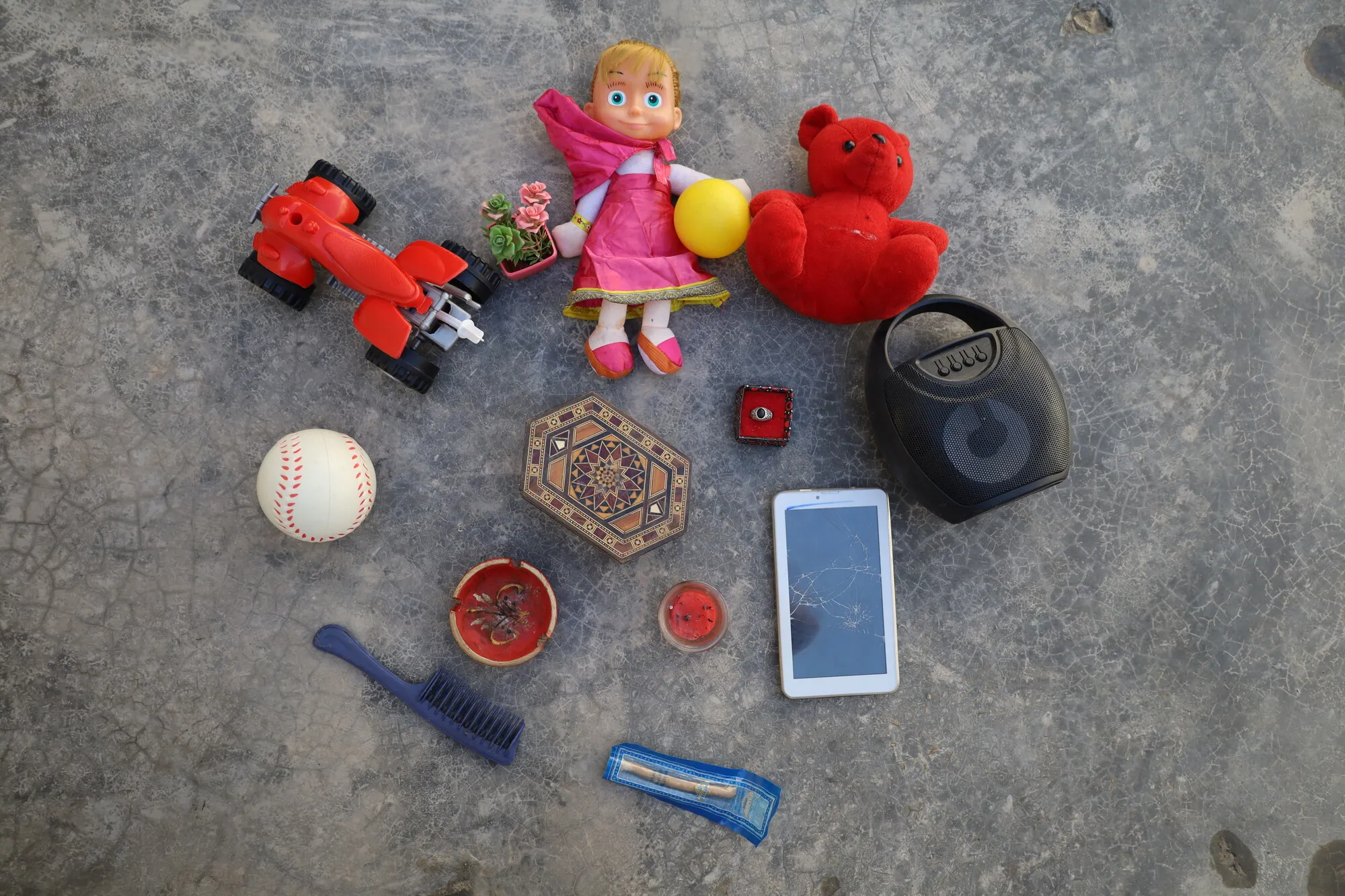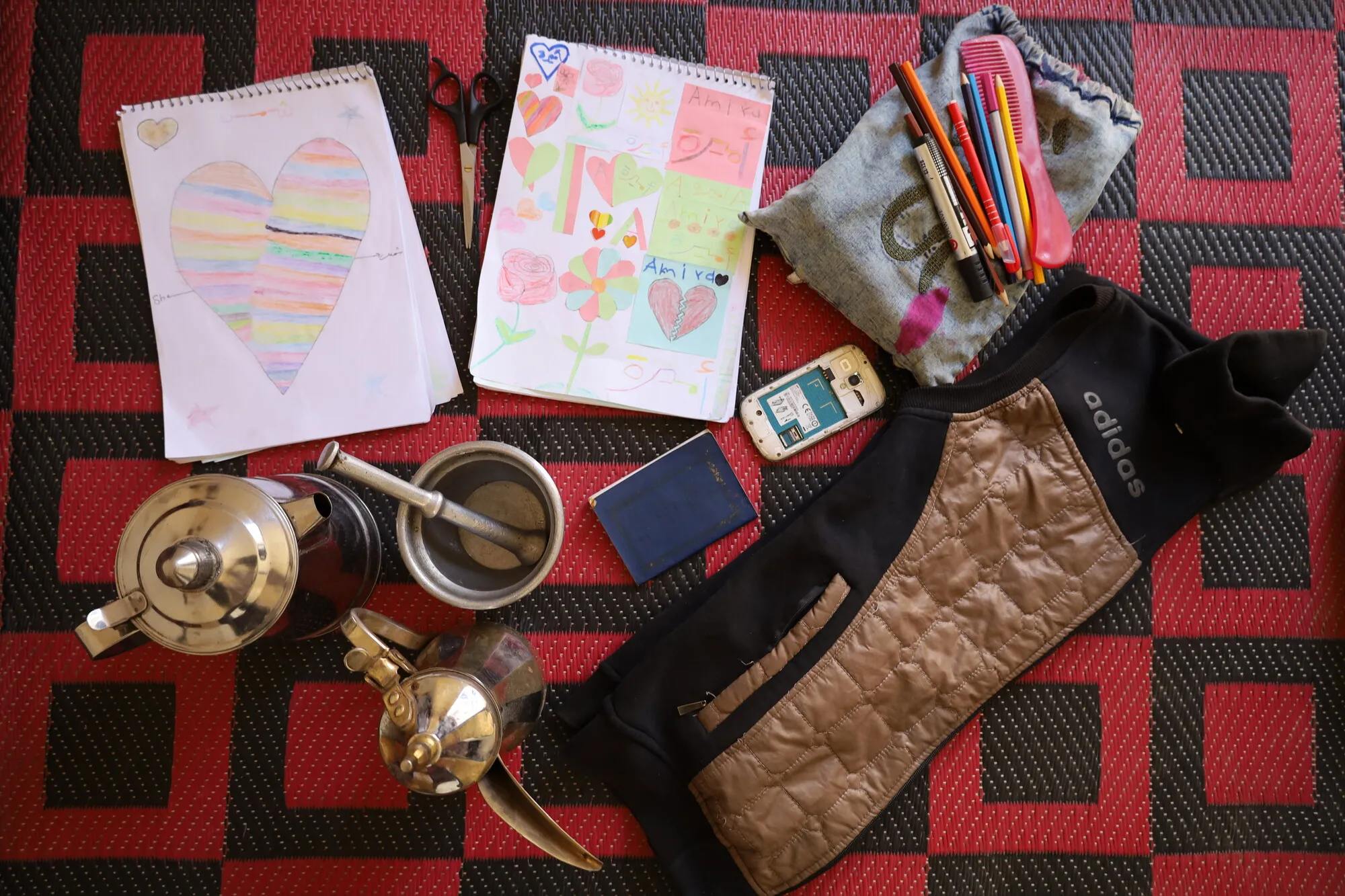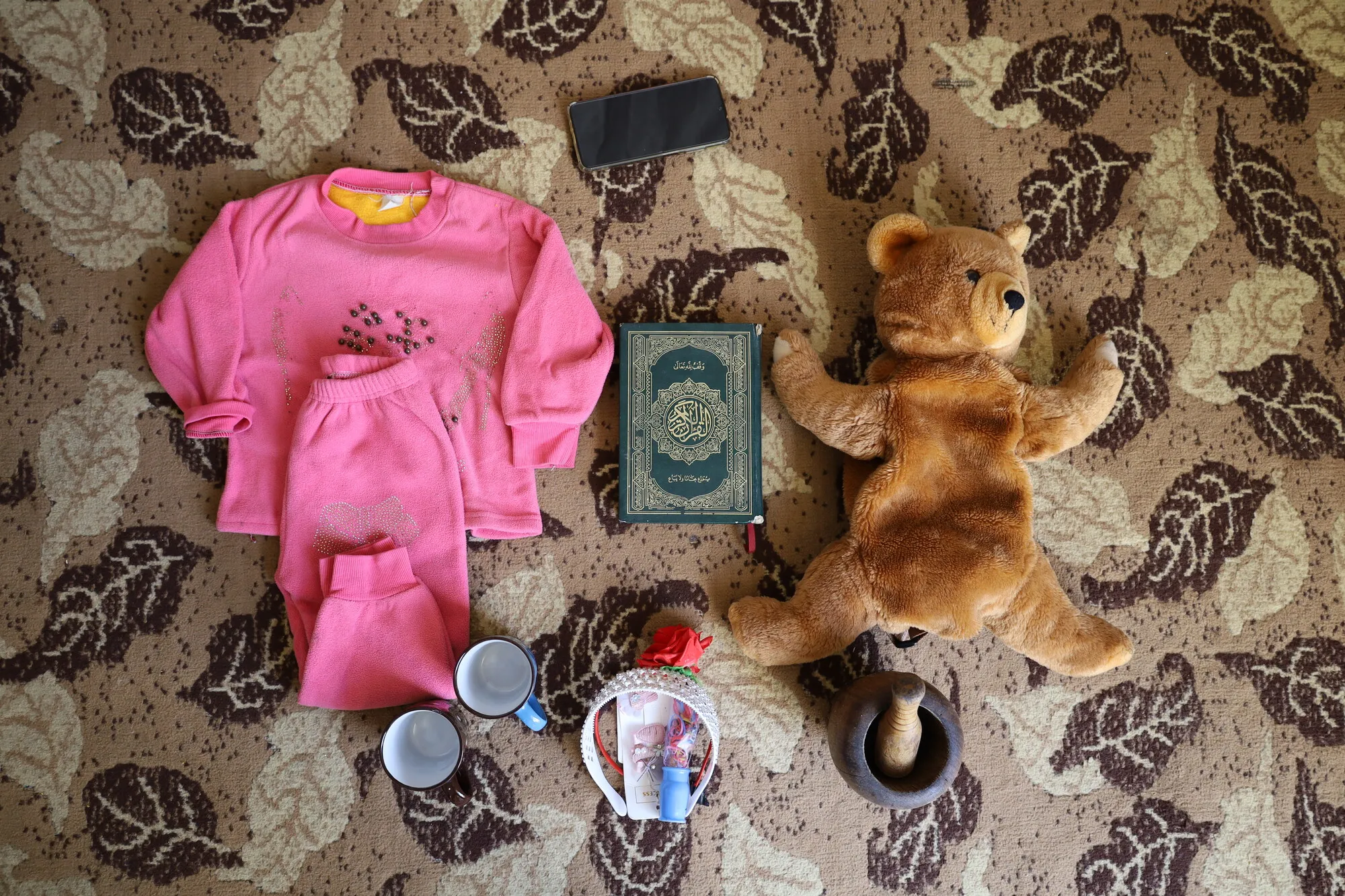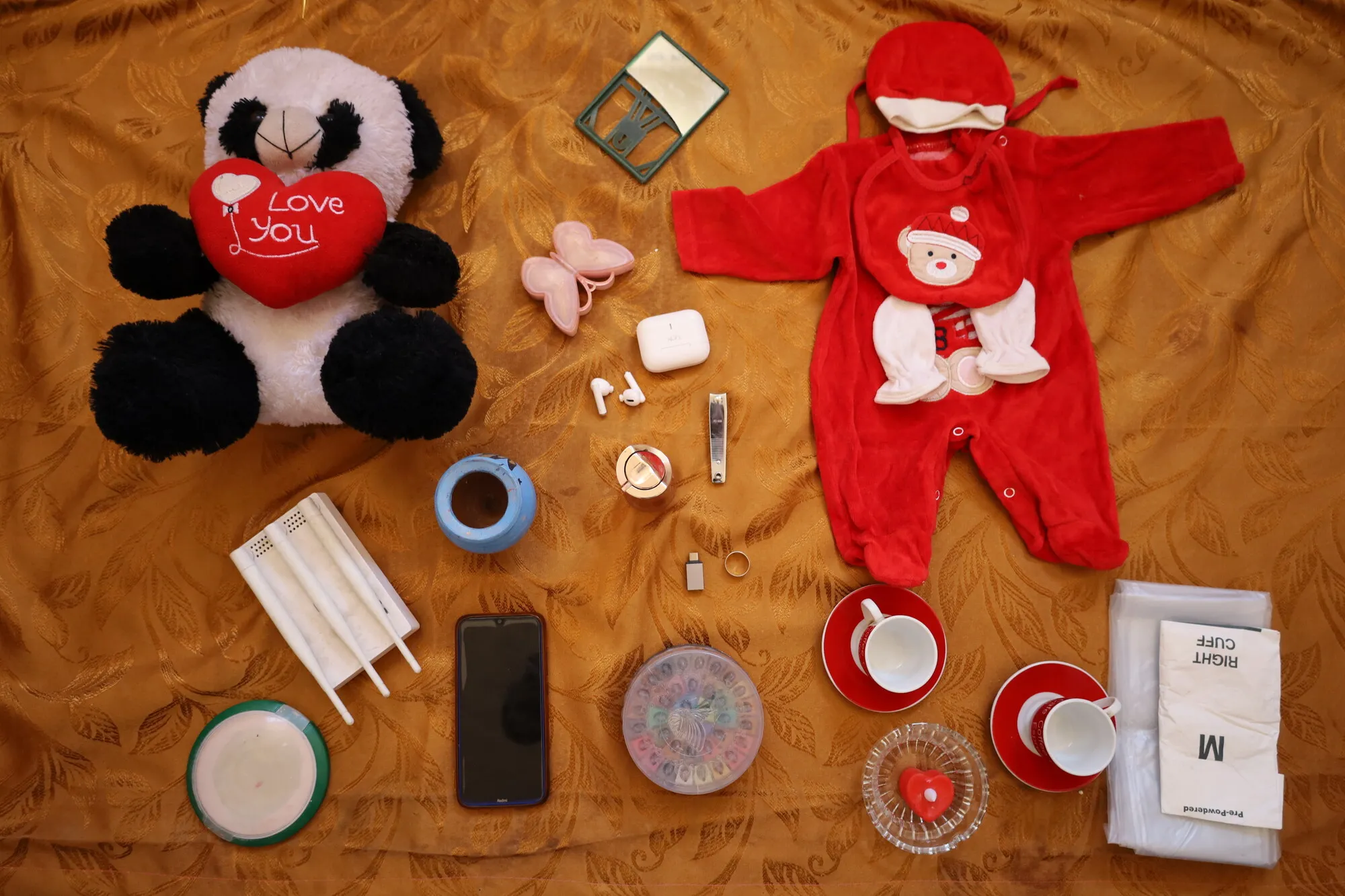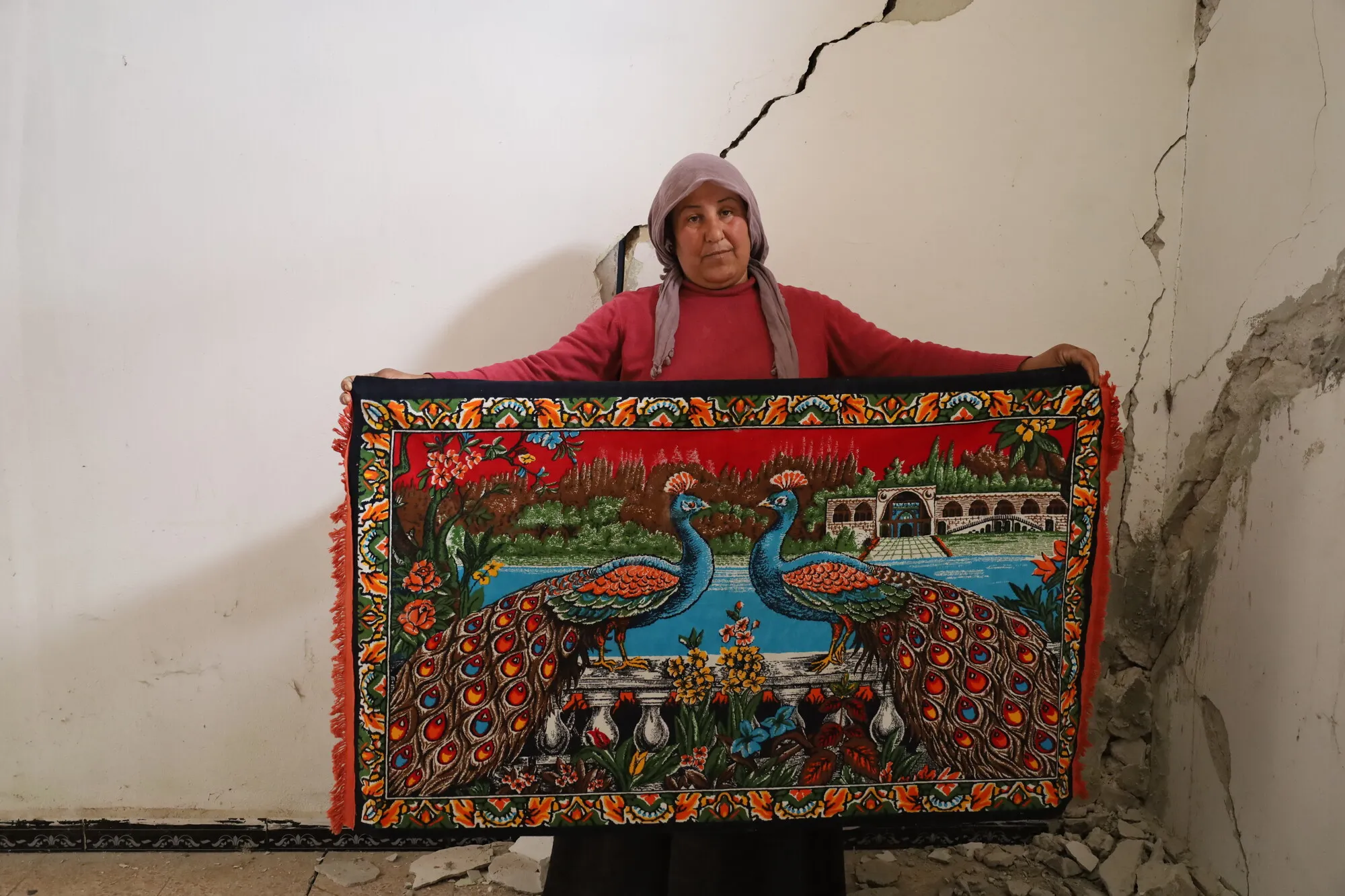Only images
“It all came back to me the morning the earthquakes started,” Sara Al-Matar, a CARE Türkiye staff member said. “Memories of the conflict in Syria when we had run out to the streets to find a safe place to hide.”
For the hundreds of thousands of Syrians like Sara, the earthquakes brought on terribly familiar feelings.
“When the earthquake happened, I spent four days looking for my parents in Antakya until I found them under the rain in one of the public parks sitting next to the dead bodies of my relatives. I tasted death in those moments.”
For the survivors, it seemed to take almost everything they had to simply keep going.
“Most of my childhood friends and their families died in the earthquake,” said Leman Yildirim, a Services and Liaison Coordinator at CARE Türkiye. “Not one single tangible place from my childhood memories survived.
“Now, only images of those places exist in my head,” she said, describing the destruction that engulfed her hometown Kirikhan, a district of Hatay, one of the most heavily impacted regions.
Leman had been planning to get married on February 12. But after the earthquakes, she canceled the celebrations and got married at a city hall instead.
As part of her work at CARE, Leman handled all requests coming in from the government’s crisis management mechanisms in Hatay, Adıyaman, Şanlıurfa, and Adana.
She spearheaded early assessments about conditions and needs there and helped coordinate the delivery of life-saving supplies to various municipalities, including flour for bread, dry food for hot meals, heaters, hygiene kits and drinking water. She used her own car to help with the distribution of baby food, diapers, and blankets.
“I started volunteering at the local municipality as soon as the earthquakes struck,” she said. “I wanted to help. It is my duty to do so. I was lucky I survived. I am also lucky to have a car in which I spent the first night of the earthquake while other people had nothing and were sleeping on the street in the cold and in the snow.”
Sara felt a similar sense of duty.
“I thought about all the people who need our help and support,” she said. “I thought about the office and my colleagues, wondering if they were all ok and whether we would ever be able to work again.”


